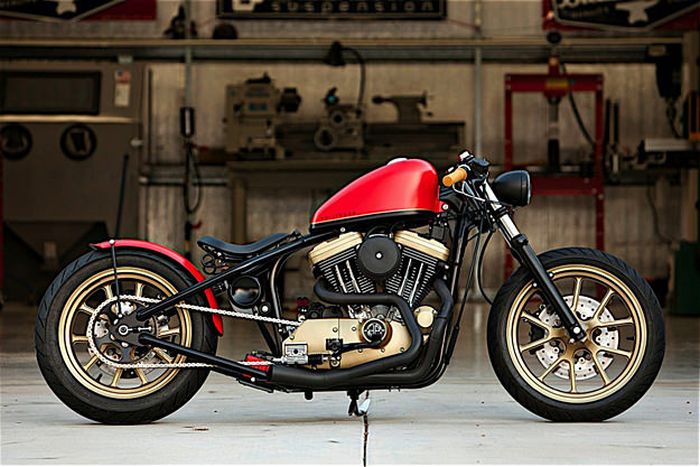|
|
Motorcycle
|
History
The first internal combustion, petroleum fueled motorcycle was the Petroleum Reitwagen. It was designed and built by the German inventors Gottlieb Daimler and Wilhelm Maybach in Bad Cannstatt, Germany in 1885. This vehicle was unlike either the safety bicycles or the boneshaker bicycles of the era in that it had zero degrees of steering axis angle and no fork offset, and thus did not use the principles of bicycle and motorcycle dynamics developed nearly 70 years earlier. Instead, it relied on two outrigger wheels to remain upright while turning. The inventors called their invention the Reitwagen ("riding car"). It was designed as an expedient testbed for their new engine, rather than a true prototype vehicle. Many authorities who exclude steam powered, electric or diesel two-wheelers from the definition of a motorcycle, credit the Daimler Reitwagen as the world's first motorcycle.
If a two-wheeled vehicle with steam propulsion is considered a motorcycle, then the first was the French Michaux-Perreaux steam bicycle of 1868. This was followed by the American Roper steam velocipede of 1869, built by Sylvester Howard Roper of Roxbury, Massachusetts. Roper demonstrated his machine at fairs and circuses in the eastern U.S. in 1867, and built a total of 10 examples.
|
|









